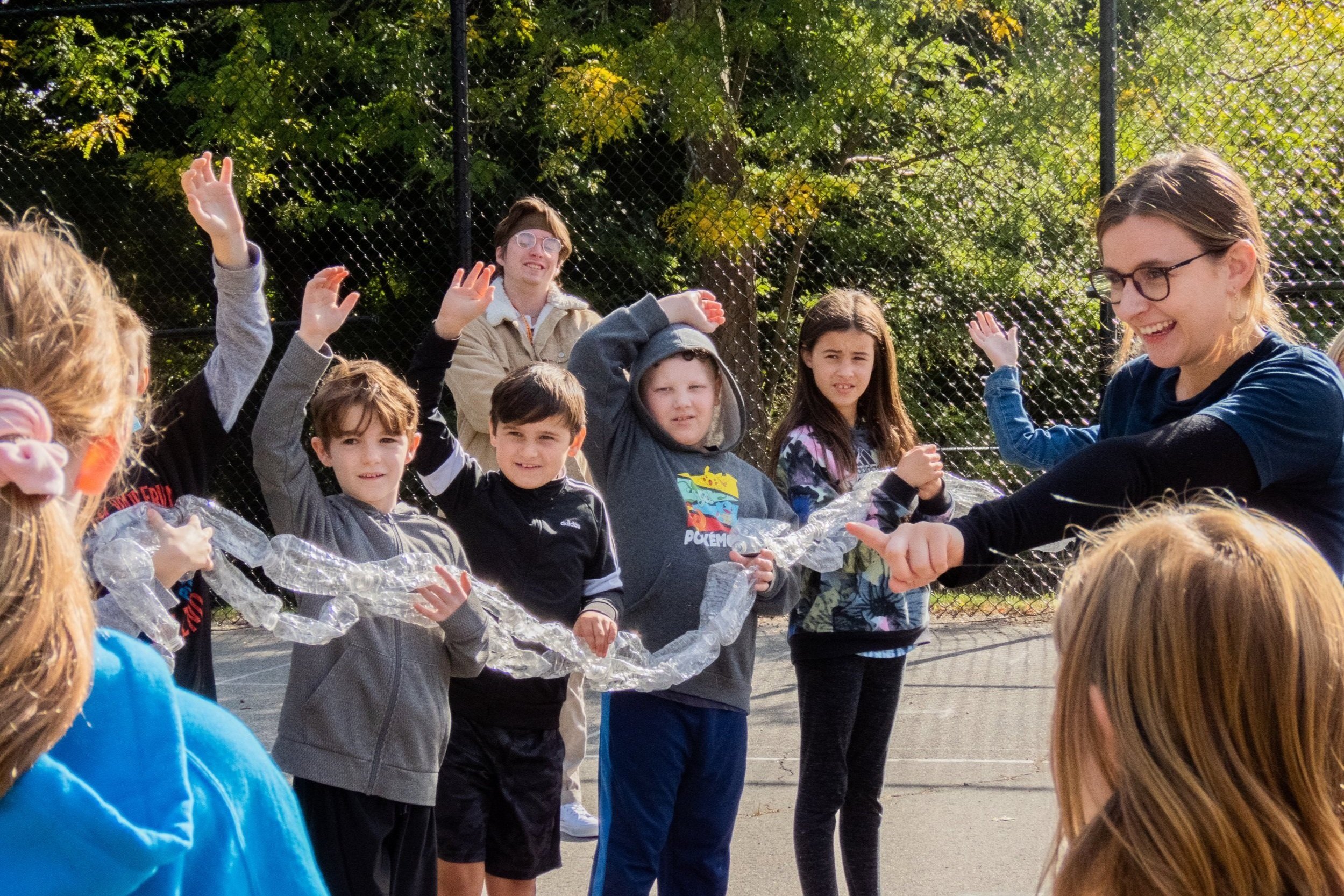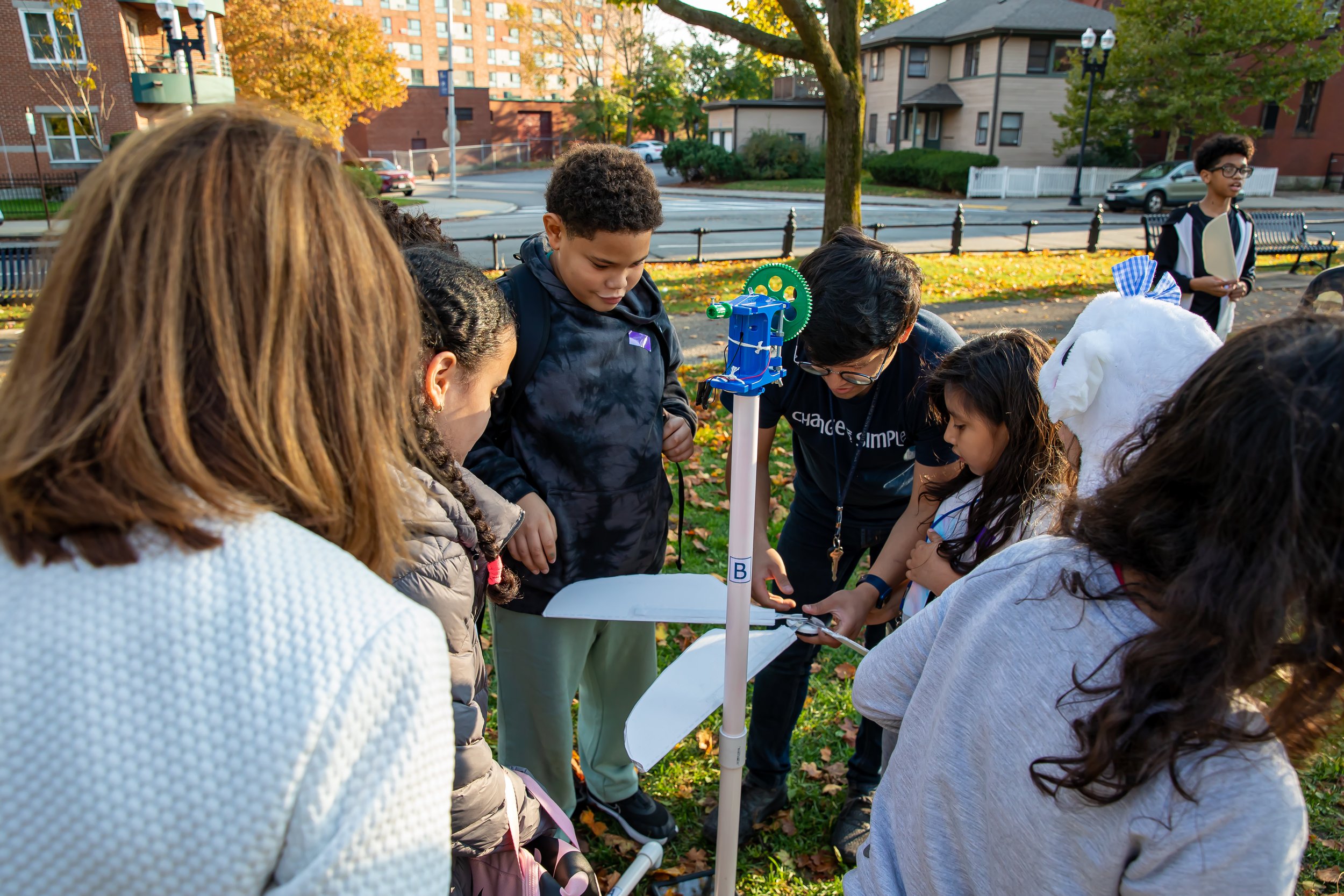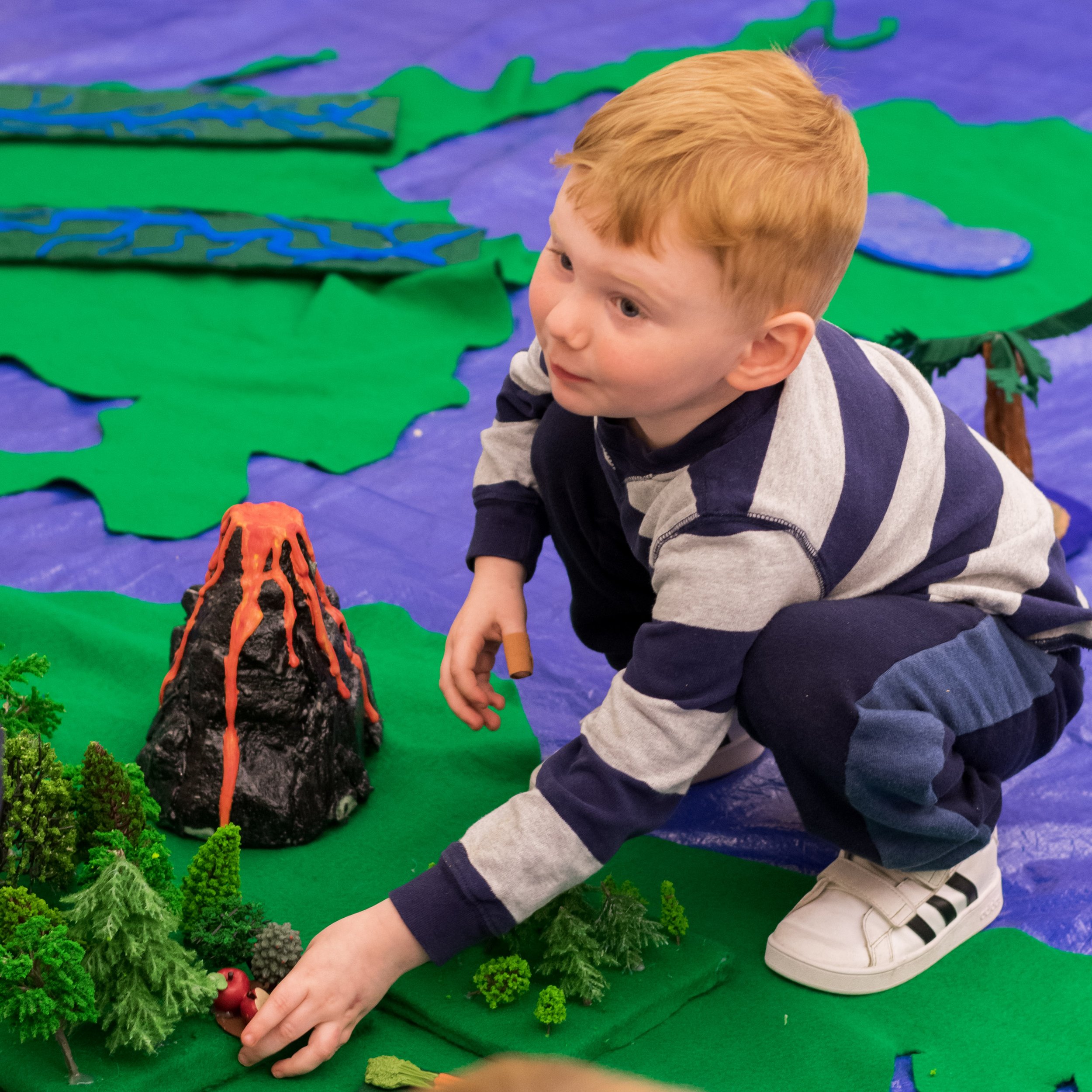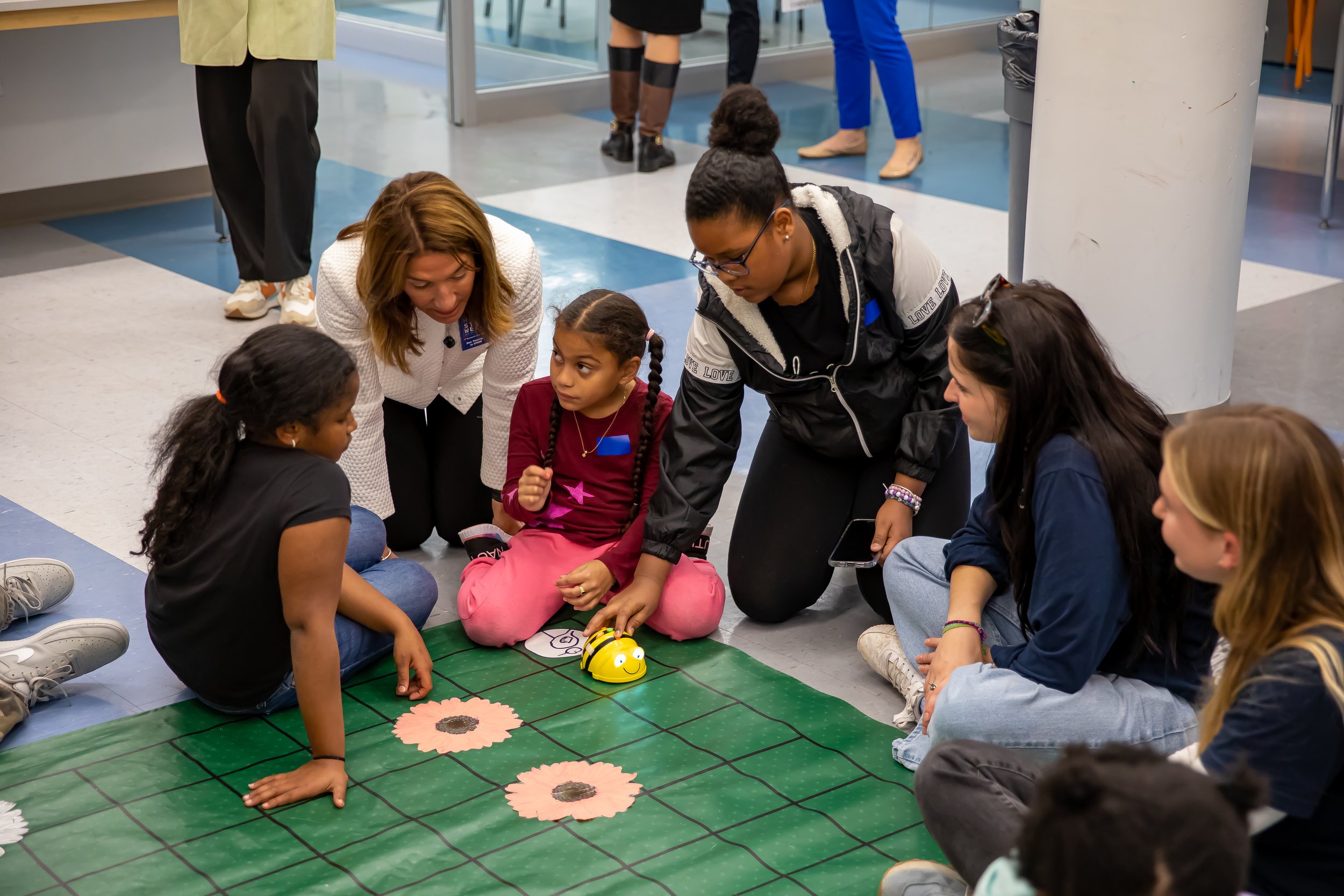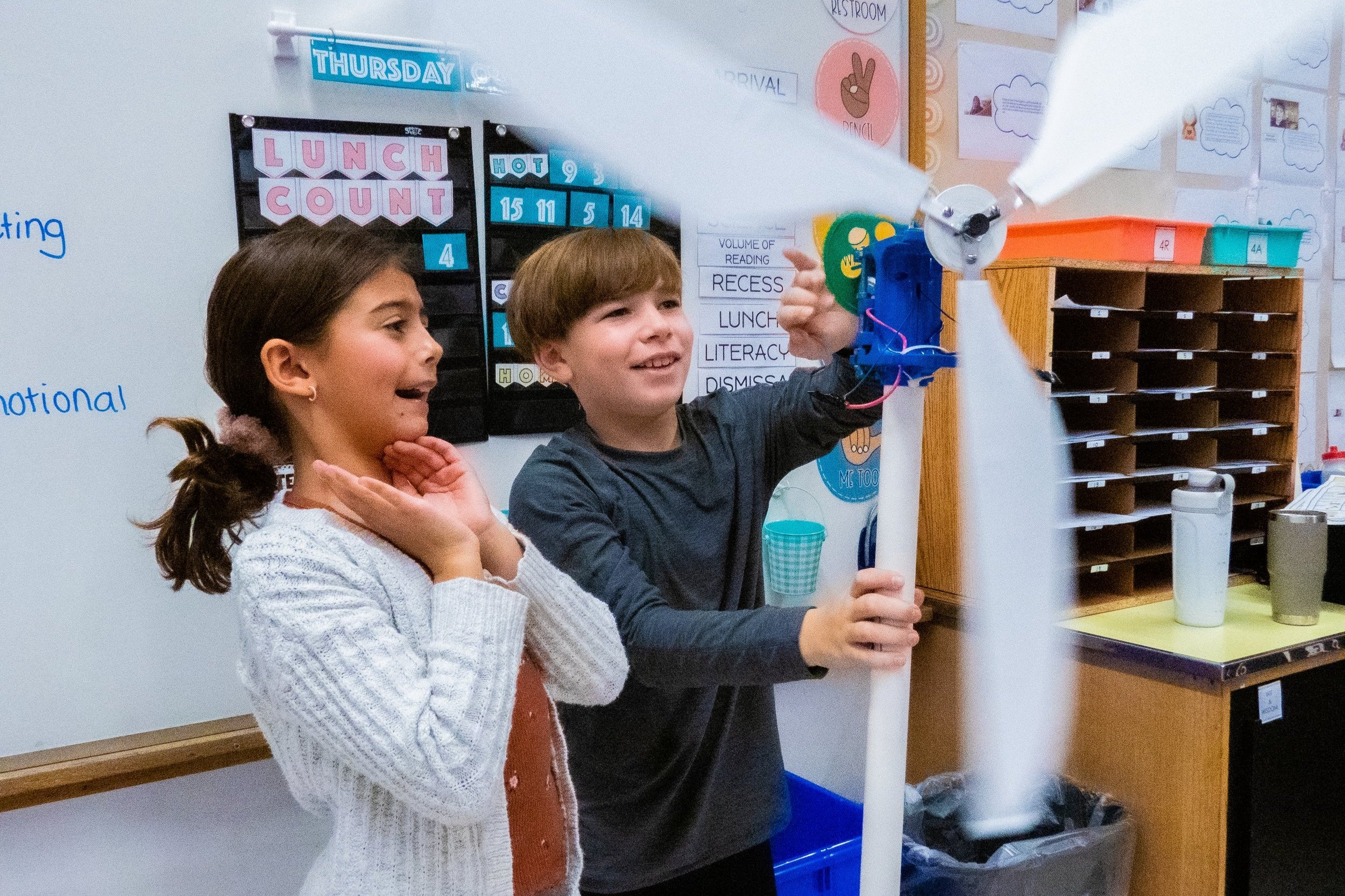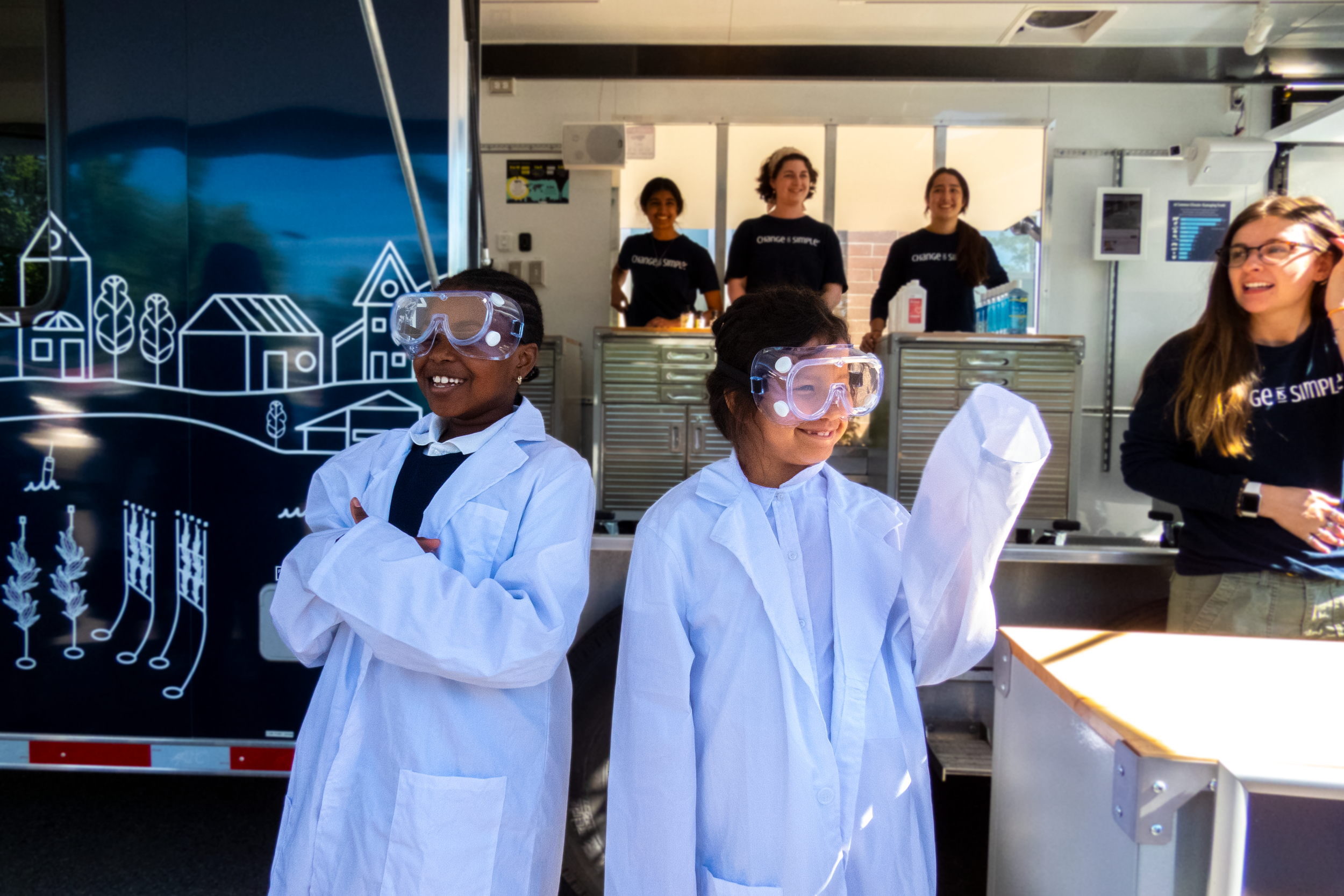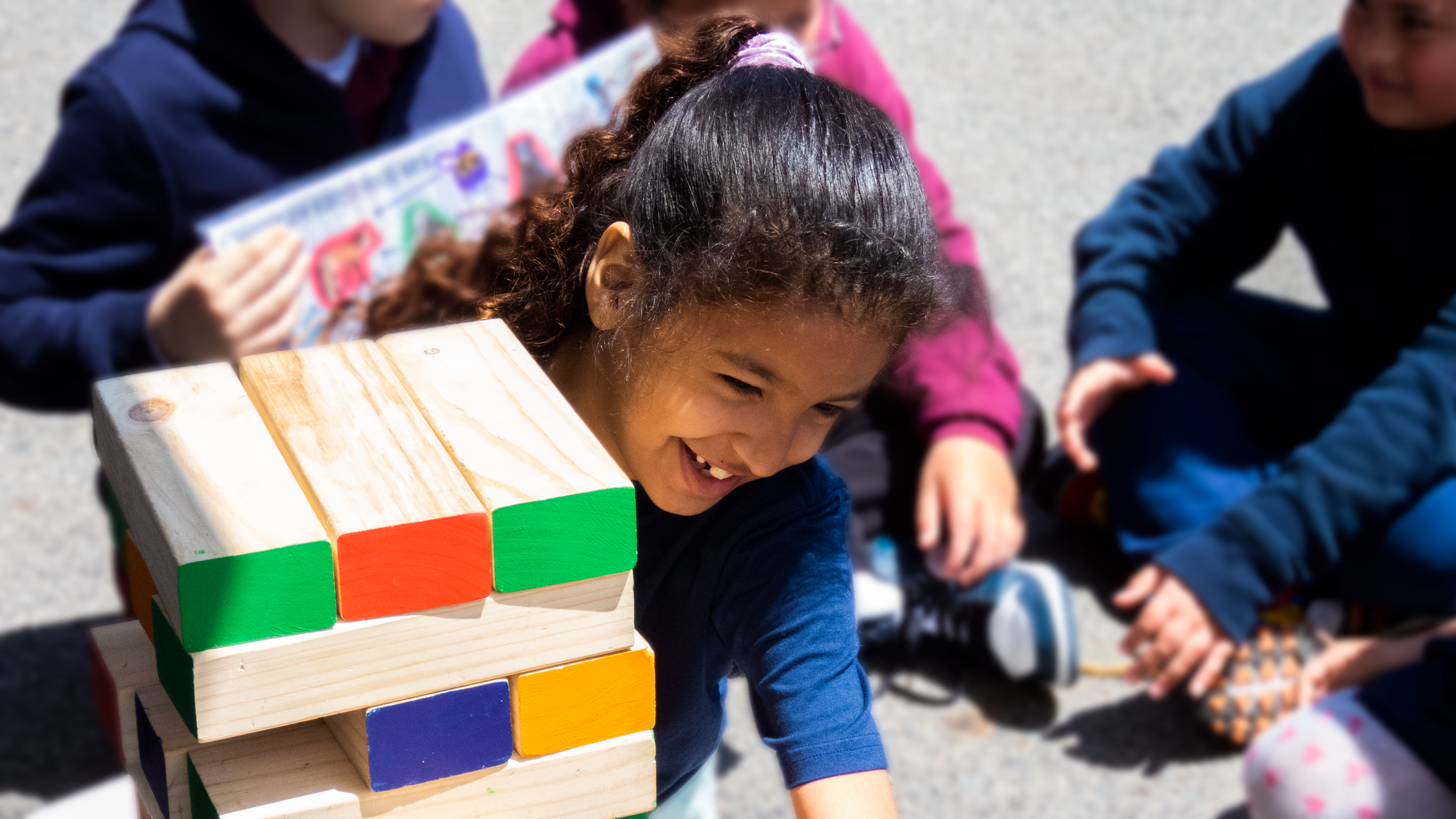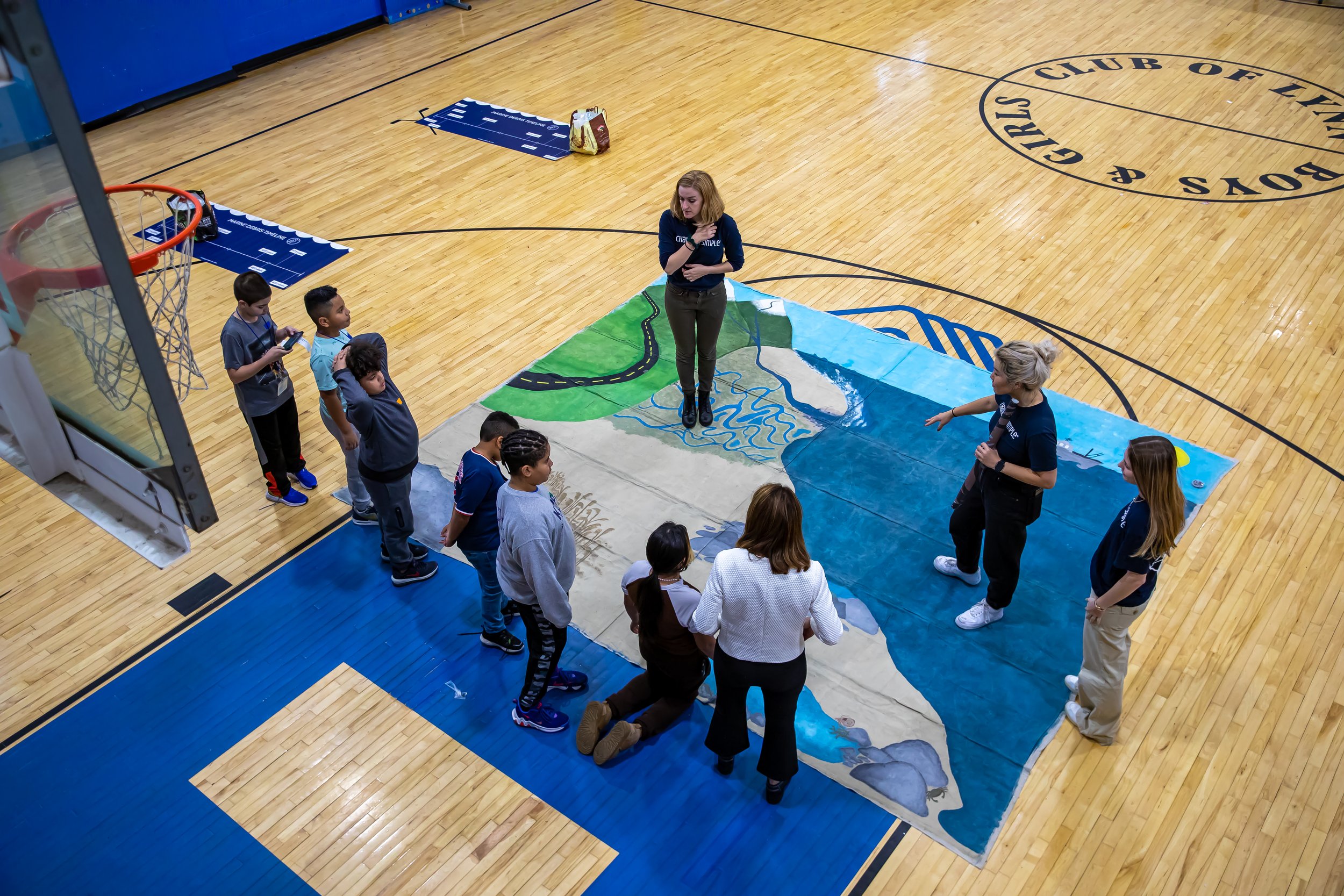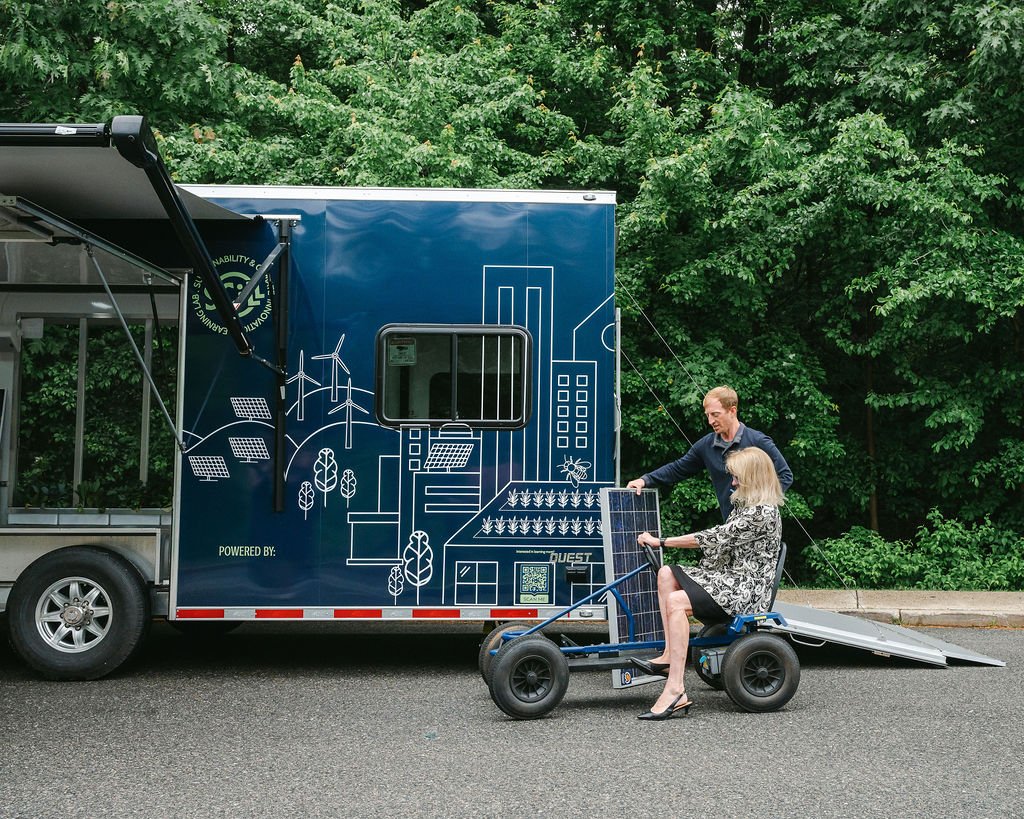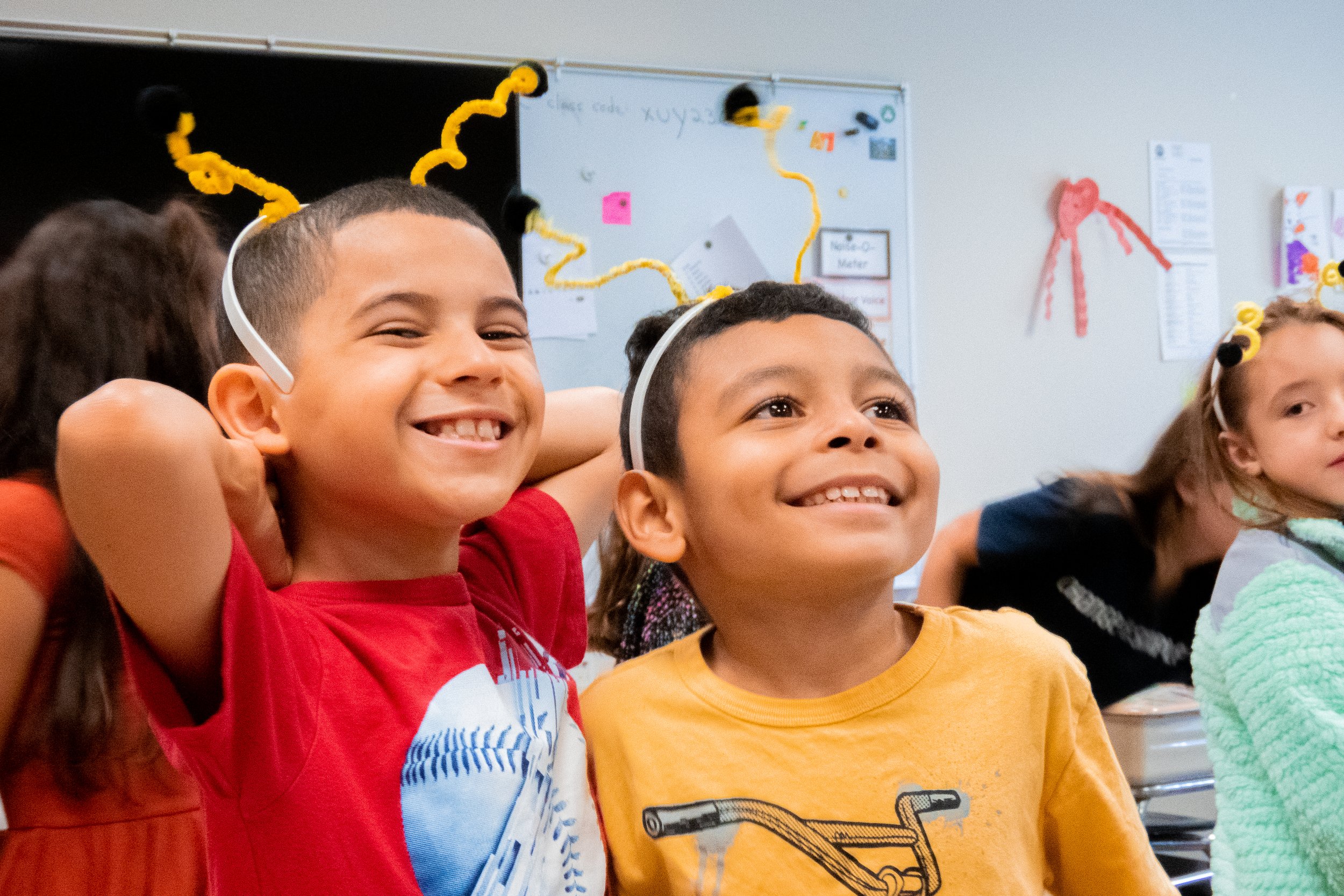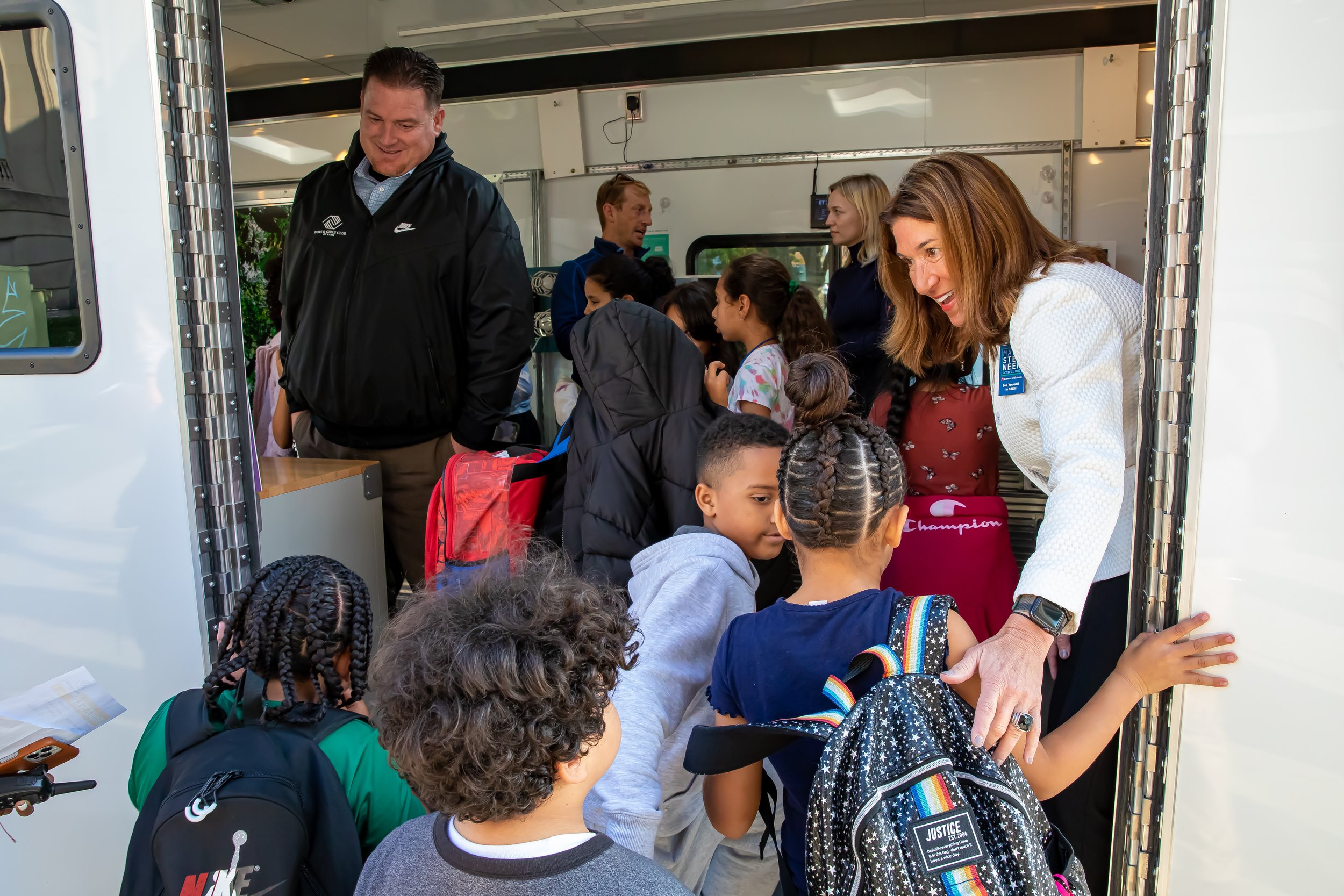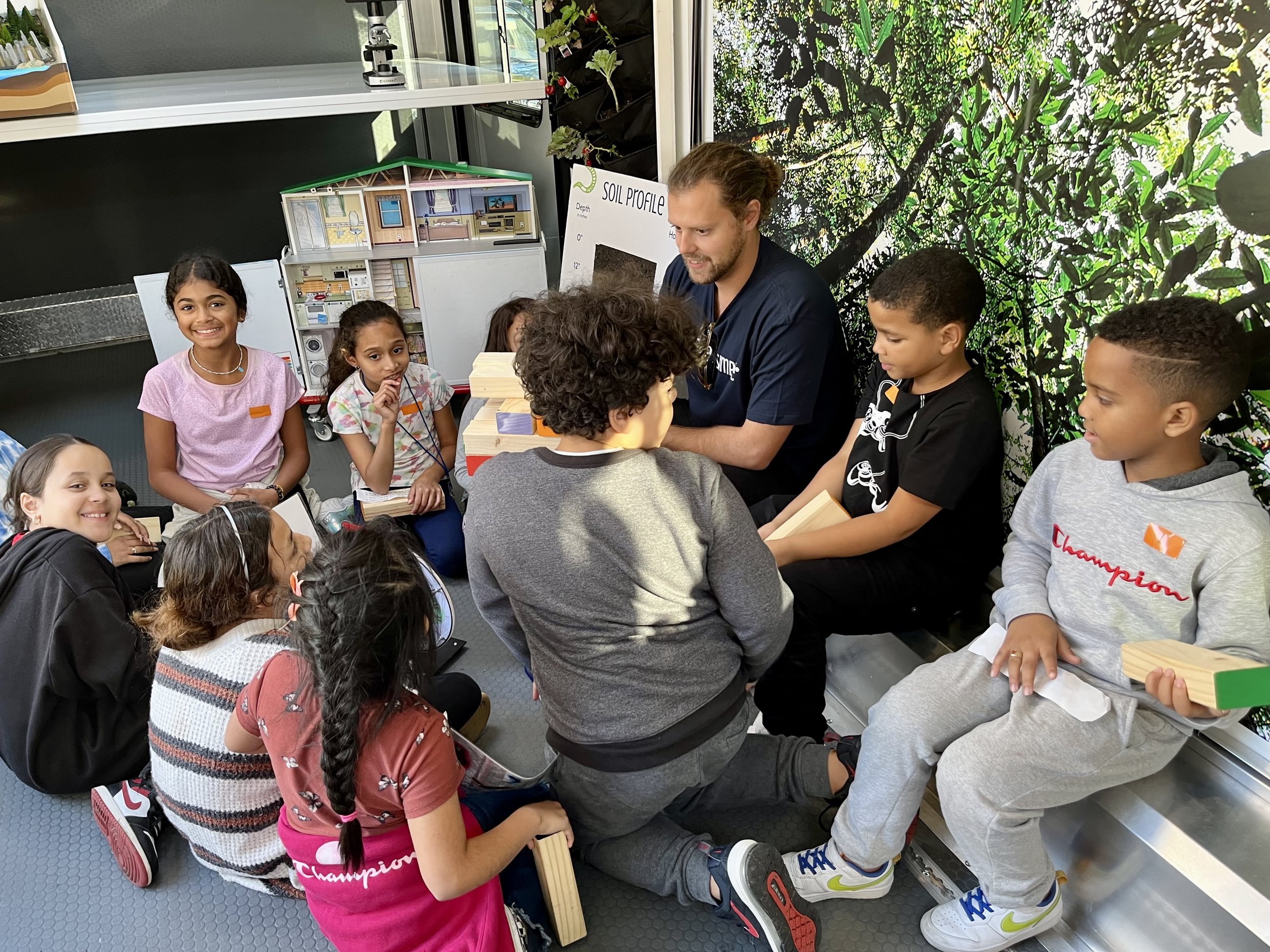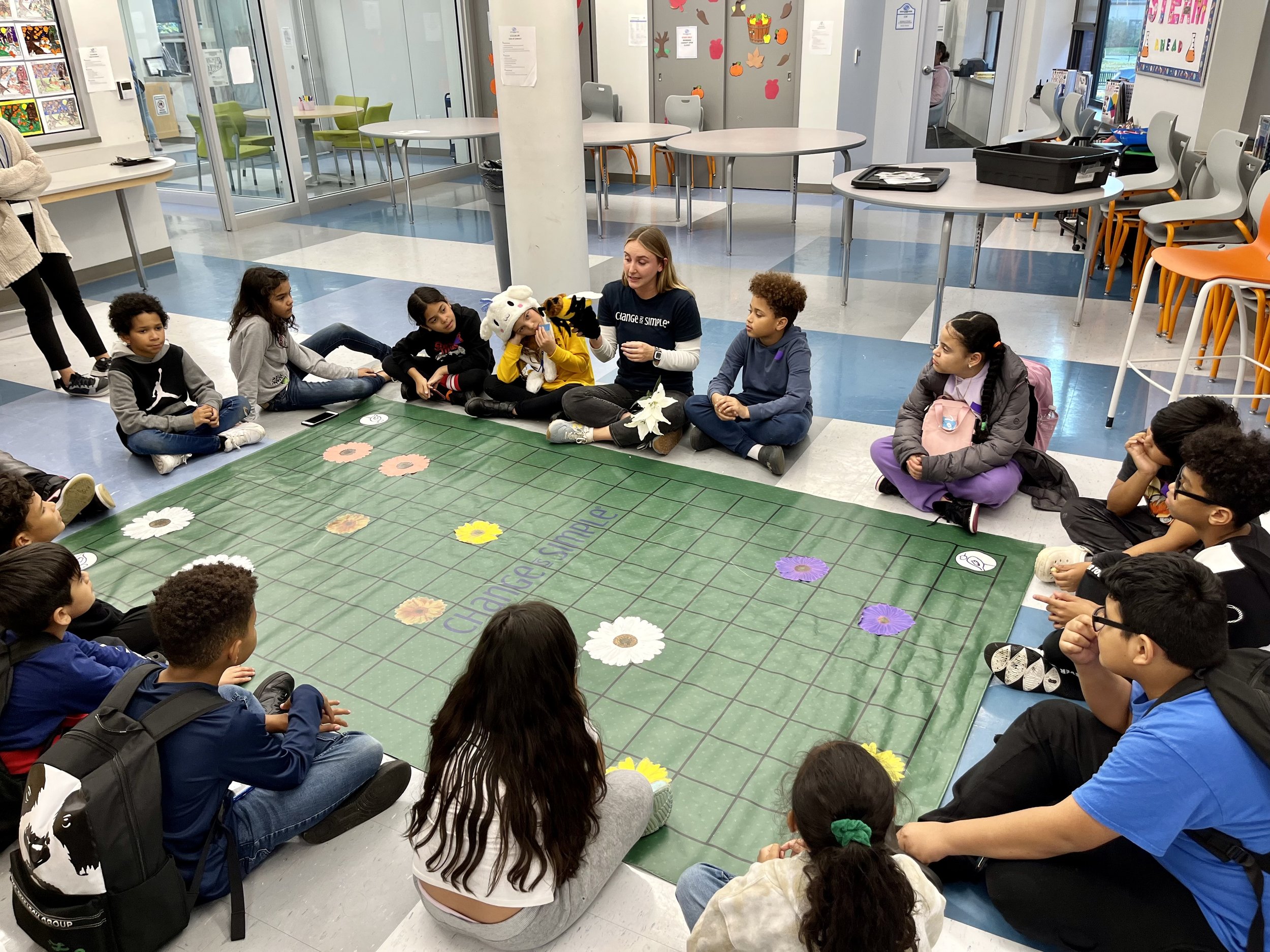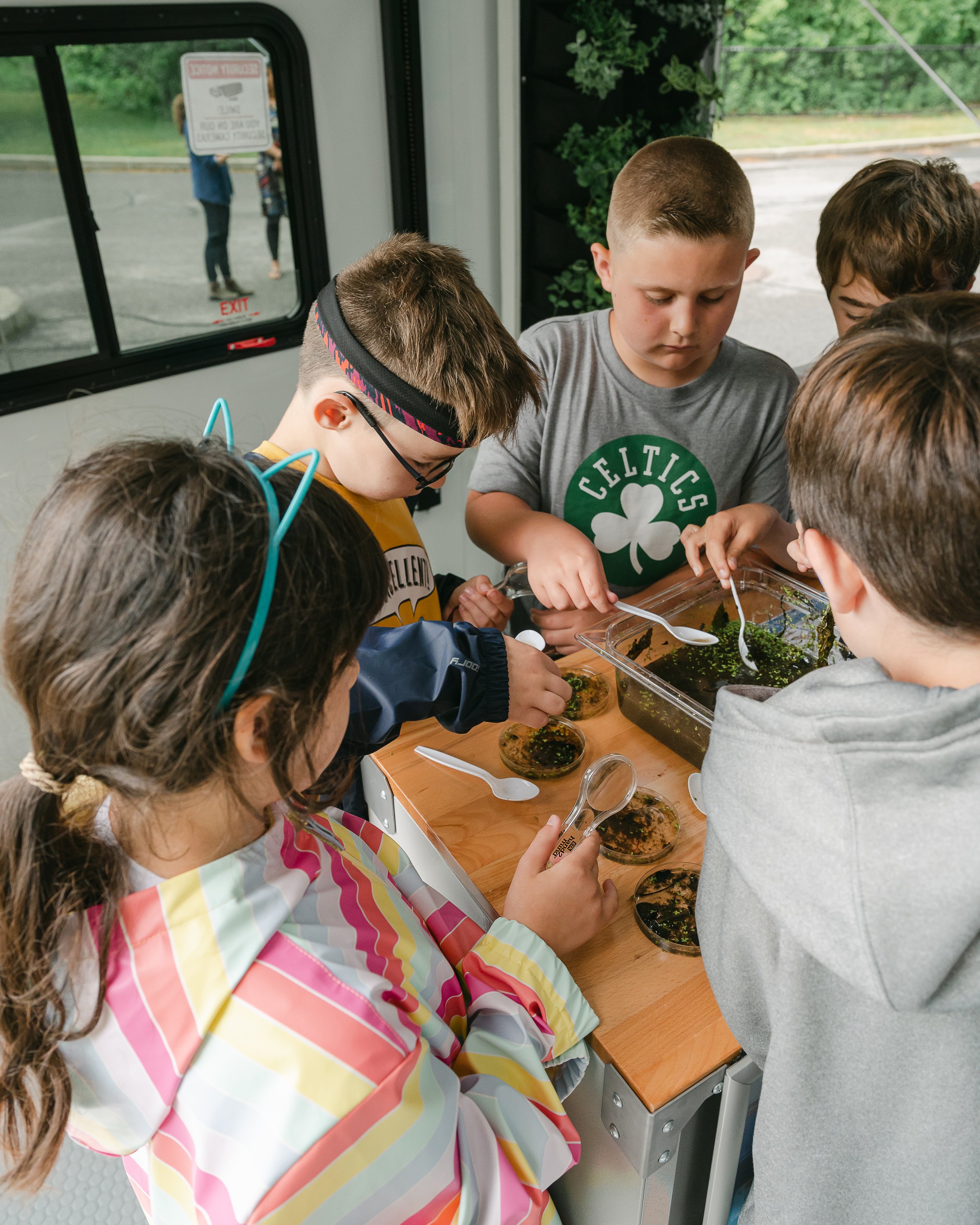Program Evaluation
In the spring of 2019, CiS opened our program to a multi-year evaluation conducted by The Evaluation Institute led by Northeastern University Professors Dr. Sara & William Ewell. The duo led a 3 year evaluation of our work. They have gone into great depth to not only evaluate the impacts our work has on students but also the effectiveness in supporting classroom teachers and the efficiency and systems that we are using to execute the program. They have interviewed staff, college mentors, principals, teachers, and of course students. They have also conducted pre- and post-surveys with students and observed hundreds of hours of our program in action. Read the summary below or read the full report by clicking here.
The below statements have been authored by Dr. Sara Ewell & Dr. William Ewell.
Academic Improvement
Survey data indicated students’ environmental science content knowledge to improve statistically significantly as a result of Change is Simple programming.
Survey data demonstrated an 85% increase in student content knowledge post-intervention (at the end of the year).
Survey data demonstrated a statistically significant improvement in students’ motivation to learn about sustainability and environmental stewardship.
90% of students were engaged during Change is Simple lessons.
Survey data demonstrated a statistically significant improvement in students’ environmental actions. For example, students reported recycling at higher rates post-intervention.
Survey results showed robust improvement across a broad range of content knowledge questions exemplifying the extent to which Change is Simple intervention dramatically improved student environmental science content knowledge.
The qualitative findings indicated that students improved their understanding of math, literacy, and STEAM skills through Change is Simple lessons. Teachers reported students gaining greater confidence and skill fluency through the reinforcement of the Change is Simple lessons. Teachers also reported using Change is Simple lessons as an anchor for future classroom content. Students spoke to their greater understanding of concepts and content after participating in the Change is Simple lessons.
Despite the presentation of complex topics, the students felt confident in their understanding of the material because of the developmentally appropriate experiential approach.
Teachers and administrators acknowledged that what differentiated Change is Simple from other programs that came to the school was that one could “see the connections between Change is Simple and our curriculum.” These connections impacted kids’ “overall abilities in STEAM skills.”
Student Engagement in Academic Content
Teachers consistently reported significantly higher levels of engagement for all students than in the typical classroom, and of particular note, the improved engagement among students with disabilities and students that were English Language Learners.
Change is Simple lessons led to an unprecedented level of student engagement across demographics.
In an interview with a School Administrator: “They get kids and they get schools.”
Teachers and administrators acknowledged that what differentiated Change is Simple from other programs that came to the school was that one could “see the connections between Change is Simple and our curriculum.” These connections impacted kids’ “overall abilities in STEAM skills.”
Student Motivation in Taking Environmental Actions
The combination of qualitative and quantitative findings demonstrated the success of the Change is Simple program to significantly improve student motivation.
Survey data indicated that Change is Simple had a consistent, measurable impact on student environmental actions.
Based on the survey data, we can conclude that the Change is Simple lesson intervention significantly improved student motivation to take care of the earth for their whole life.
In reflecting on why students make changes based on Change is Simple lessons, one teacher stated, “The idea that small change can make a big difference is really powerful for kids. They think ‘I can’t change the school or world’ but [they get] to see they can change themselves. They are in charge of themselves.”

